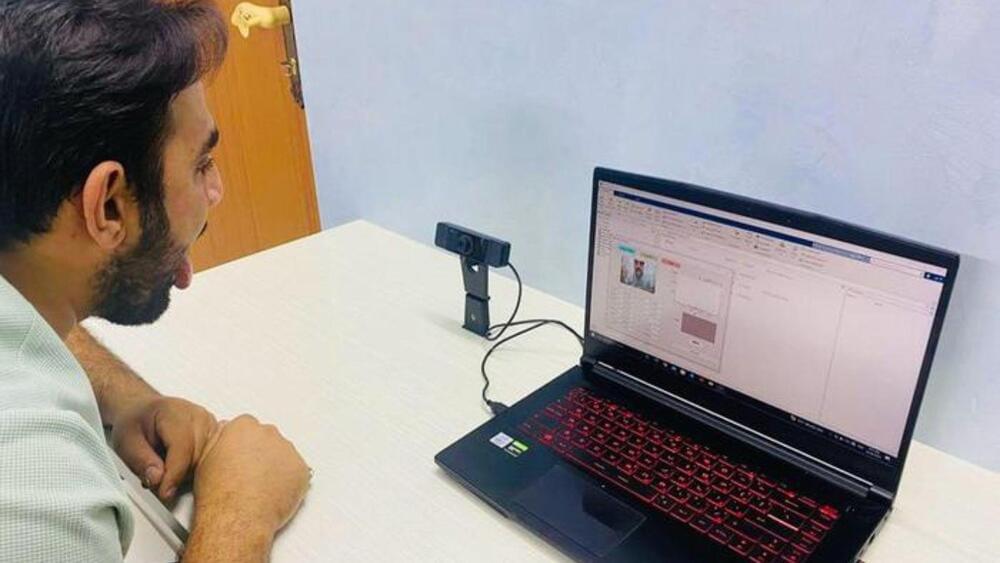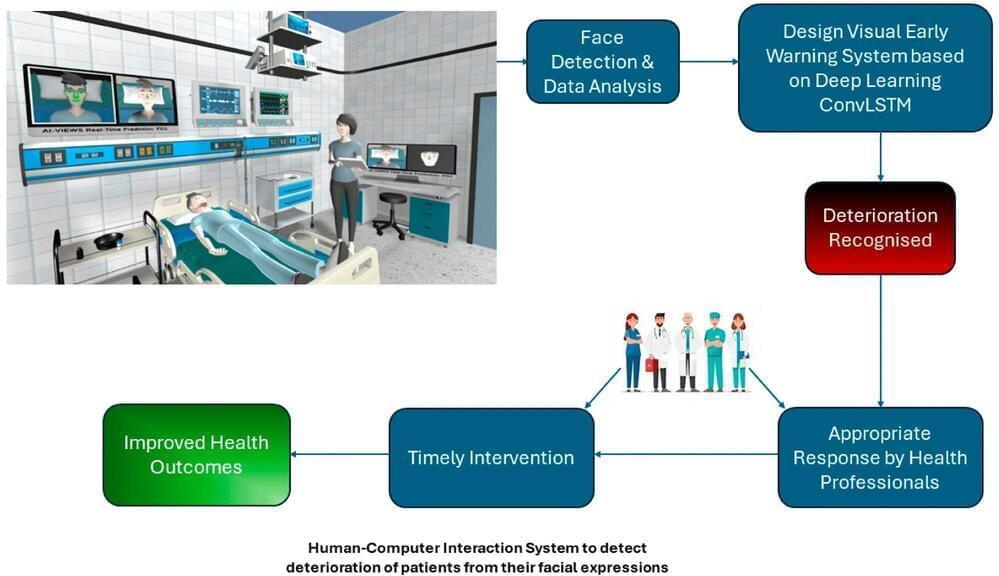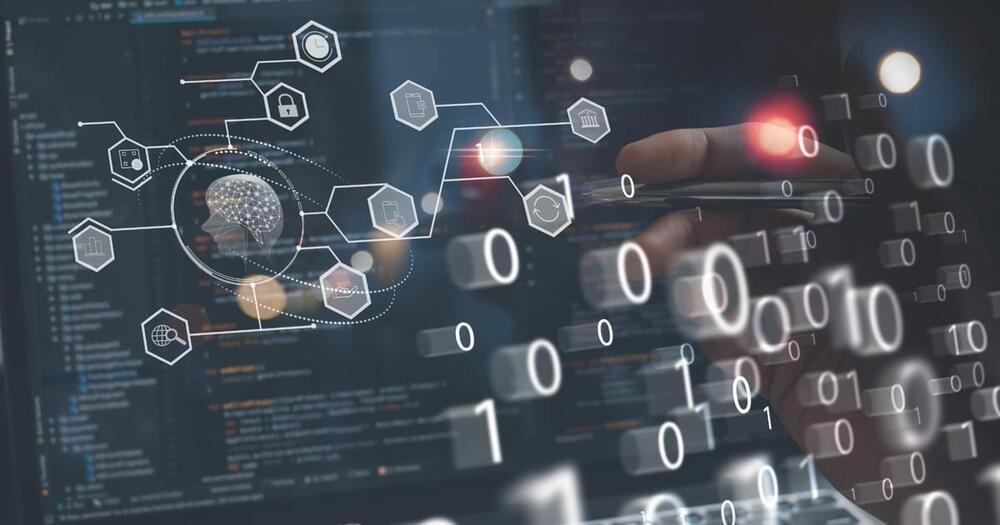New AI system uses tongue color images to accurately diagnose diseases:
AI analyzes tongue colors for real-time disease diagnoses such as anemia, COVID-19, vascular and gastrointestinal issues, or asthma.


While generative AI tools have been heralded as the future of education, more than 40 years of academic research suggests that it could also harm learning in realms from online tutoring to employee training for three reasons. First, the best student-teacher relationships are empathetic ones but it is biologically impossible for humans and AI to develop mutual empathy. Second, AI might help us bypass the boring task of knowledge accumulation but it is only through that process that we develop higher order thinking skills. Finally, digital tools are notoriously distracting and multitasking diminishes learning. As we think about the benefits of new technology, we must also consider the risks.
Page-utils class= article-utils—vertical hide-for-print data-js-target= page-utils data-id= tag: blogs.harvardbusiness.org, 2007/03/31:999.387329 data-title= The Limits of GenAI Educators data-url=/2024/07/the-limits-of-genai-educators data-topic= AI and machine learning data-authors= Jared Cooney Horvath data-content-type= Digital Article data-content-image=/resources/images/article_assets/2024/07/Jul24_17_545985287-383x215.jpg data-summary=
Three fundamental problems with using LLMs as teachers, tutors, and trainers.


👉 Researchers have developed an AI system called “The AI Scientist” that can perform scientific research on its own, from brainstorming and experimenting to writing full papers.
A new AI system called “The AI Scientist” can perform scientific research completely autonomously, from brainstorming and experimenting to writing complete papers.
Ad.
Researchers from the University of British Columbia, University of Oxford, and AI startup Sakana AI have developed an AI system capable of conducting scientific research independently. Named “The AI Scientist,” the system can generate new research ideas, write code, perform experiments, visualize results, and even compose complete scientific papers.



“These results confirm that computerized tongue analysis is a secure, efficient, user-friendly and affordable method for disease screening that backs up modern methods with a centuries-old practice,”
This technology could be aah-mazing!
Researchers in Iraq and Australia say they have developed a computer algorithm that can analyze the color of a person’s tongue to detect their medical condition in real time — with 98% accuracy.
“Typically, people with diabetes have a yellow tongue; cancer patients a purple tongue with a thick greasy coating; and acute stroke patients present with an unusually shaped red tongue,” explained senior study author Ali Al-Naji, who teaches at Middle Technical University in Baghdad and the University of South Australia.
Introducing Agent Q: Research Breakthrough for the Next Generation of AI Agents with Planning & Self Healing Capabilities.
In recent years, the…
Conclusion
MultiOn’s Agent Q sets a new major milestone for autonomous web agents, combining advanced search techniques, AI self-critique, and reinforcement learning to overcome current limitations, representing a substantial leap forward in autonomous agents capabilities. As we continue to refine these methods and address associated challenges, moving closer to a full release in our products, the future of intelligent autonomous web agents in the real world looks promising.

The US military agency responsible for developing new technologies plans to embark on an effort to rewrite significant volumes of C code by funding a new research challenge to create an automated translator capable of converting old C code with function written in the security-focused Rust language.
The Defense Advanced Research Projects Agency (DARPA) will hold a workshop, known as Proposers Day, on Aug. 26 to outline its vision for the Translating All C to Rust (TRACTOR) project. The effort calls for academic and industry research groups to compete to create a system that can turn C code into idiomatic — that is, using native features — Rust code. The project’s ultimate goal is to provide tools so that any organization with large volumes of software written in C can convert that code to Rust and eliminate the memory-safety errors that account for a large source of software vulnerabilities.
Without an automated system, developers are unlikely to take on the task, says Dan Wallach, program manager in DARPA’s Information Innovation Office (I2O).
